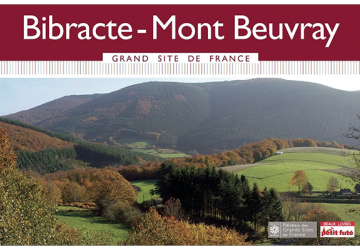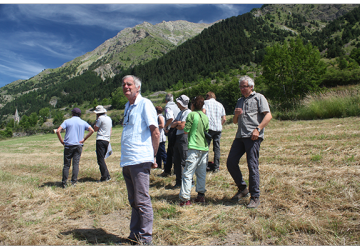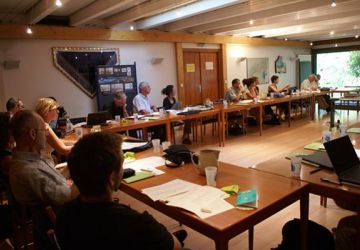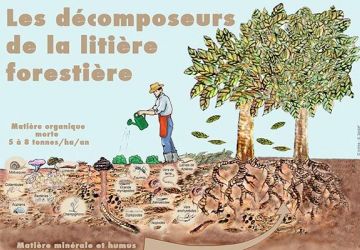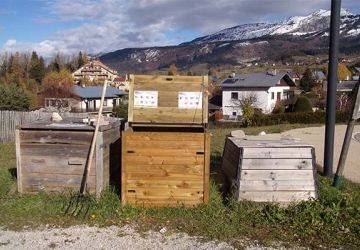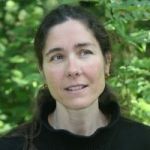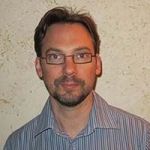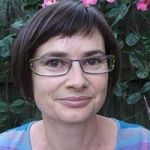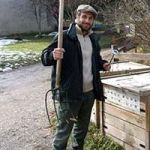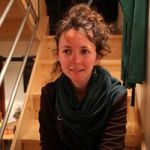Unité partenaire
Institut de recherche pour l’ingénierie de l’agriculture et de l’environnement, Centre de Grenoble, Unité Développement des Territoires Montagnards
2 rue de la Papeterie BP76 38402 Saint Martin d’Hères
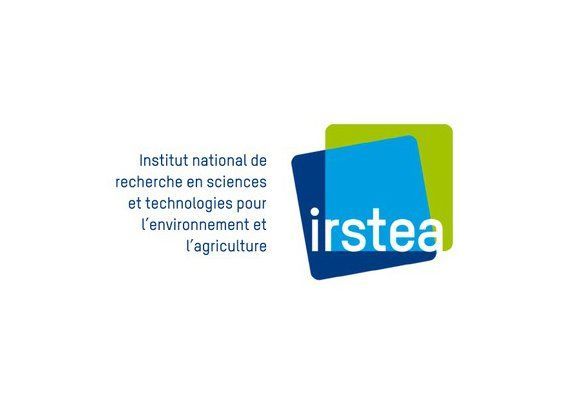
The Research Unit “Development of Mountain Territories” has been developing research activities and skills in social and human sciences. Our research addresses rural and mountain areas from peri-urban to protected areas. Given the strong pressures (urban sprawl, climate change…) that these areas are currently faced by, we consider environment both a critical issue of conservation and a major asset for social development.
We study the shifting geographies of rural development and our changing relationships to nature. Focusing on the ways rural and mountain habitants and groups articulate and shape environmental issues, we promote a general perspective of sustainable development.
The research unit is composed of two teams :
- A first team of economists and land planning specialists studies the governance and evolution of ski resorts, their vulnerabilities to climate change and the changing physical and social geographies of ski development. It also addresses land and habitat dynamics in areas under important urban pressure, particularly the social and geographical processes leading to economic or environmental inequities ;
- A second team, composed of agronomists, sociologists and a geographer studies the changing relationships between nature, science and society. It addresses how people anticipate and prepare the shared futures of nature and society in farming practices, the management of protected areas and ecological scientific practices and commitments. It pays special attention to « boundary-areas » in which objects, knowledge and practices are exchanged and hybridized and identities and relationships are renegotiated.
This research draws on methods mixing qualitative approaches (interviews, observation) and quantitative approaches (building of indicators, modeling, surveys), in order to retrace the practices and rationales of actors and groups and the career of public policies. It aims to help decision-makers design and implement development policies.
Projets associés

Porteur du projet
Laboratoire d'Excellence Innovation et Territoire de Montagne

Porteur du projet
BioMont : Blended perspectives – New Mountain Life Zone
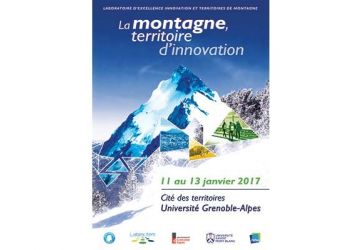
Partenariat scientifique
International Symposium "Mountain regions, territories of innovation"

Porteur du projet

